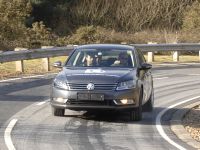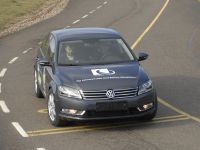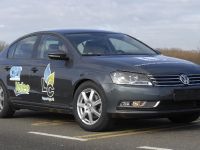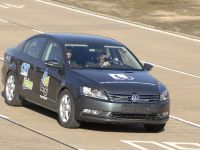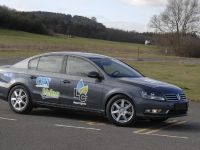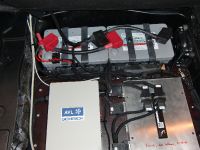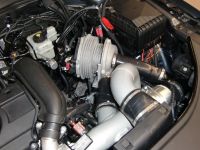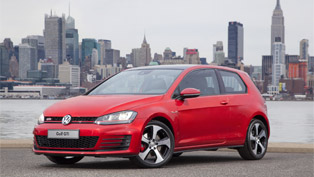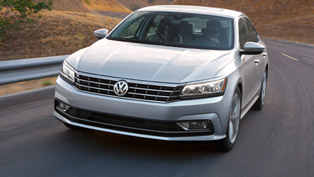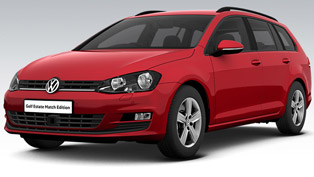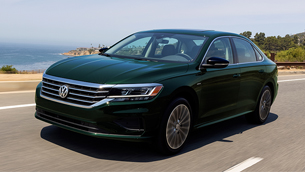LC Super Hybrid Technology to debut at 2012 Geneva Motor Show
The LC Super Hybrid Technology is conceived by Controlled Power Technologies (CPT) and the Advanced Lead-Acid Battery Consortium (ALABC) with the only aim to show significant CO2 reduction through the means of electric hybridisation at low voltages (12-48 volts) using the latest lead-carbon batteries. The technology offers the potential of a mass market, petrol-powered, large family car with superb drivability, with spectacular performance and excellent 5.6 litres/100km (51mpg) fuel economy.
The LC Super Hybrid Technology is going to be showcased for the first time at the 2012 Geneva International Motor Show. The low voltage (12 volts) technology has been created by UK-based Controlled Power Technologies in colaboration with the US-based Advanced Lead-Acid Battery Consortium. The vehicle includes production-ready technology sold by CPT to Valeo. Other international companies involved are AVL Schrick based in Austria and Germany, Mubea also from Germany, and the UK-based Provector.
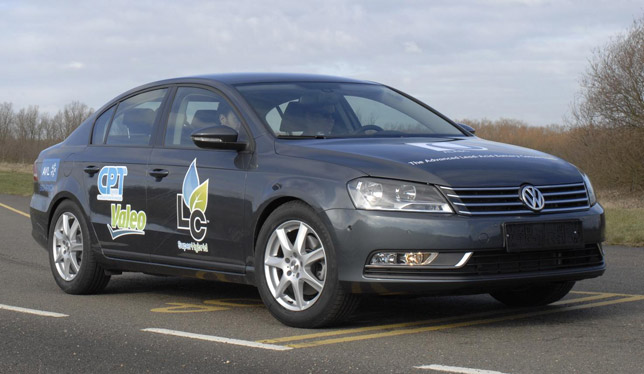
To be more precise, the technology is mounted on the series production 1.4-litre turbocharged VW Passat TSI model. Including the LC upgrade, the vehicle weighs around 1530kg which means that the technology adds the additional 79kg. Nevertheless, much of this additional mass including the test equipment would be eliminated in a production vehicle as well as the existing starter motor. The additional payload further underscores the excellent performance and drivability of the LC Super Hybrid demonstrator. Going straight to the point, the technologies features an electric supercharger, next generation belt-integrated starter generator with an advanced belt tensioning system, carbon improved valve regulated lead–acid (VRLA) batteries which avoid the need for super-capacitors, and higher gear ratios to reduce engine speed. Thus, this results in increase of power from 122 PS (90 kW) to 142 PS (104 kW) and torque from 200 Nm (148 lb-ft) to 275Nm (203 kW). The effects can be compared to the Passat's bigger 1.8-litre TSI gasoline engine, which delivers 160 PS (118 kW) and 250 Nm (185 lb-ft), and hence the engine output of the LC Super Hybrid Technology is generally equivalent to vehicles in the 2-litre class. Additional advantage is that the vehicle also achieves near diesel levels of fuel economy, but with substantially lower production costs. Furthermore, the LC Super Hybrid delivers CO2 emissions of less than 130g/km compared with 140g/km for the baseline Passat 1.4-litre TSI. This represents a reduction in CO2 emissions of 8 per cent. Another benefit is the great fuel economy of 5.6 litres/100km (51mpg), which is significant 11 per cent improvement when compared with 6.2 litres/100km (46mpg) for the 1.4-litre TSI. Moreover, the 0-100 km/h (0-62 mph) acceleration time is reduced by 2.5 seconds from 11.1 to 8.7 seconds compared with the 1.4-litre TSI. In addition, the demonstrator embraces low voltage switched reluctance (SR) motor-generators, which are not currently used by the automotive industry in mass production. The motors are constructed from steel, aluminium and copper and avoid the use of increasingly expensive rare earth materials. The SR technology is licensed from Nidec Corporation of Japan, one of the world's leading suppliers of electric motors.
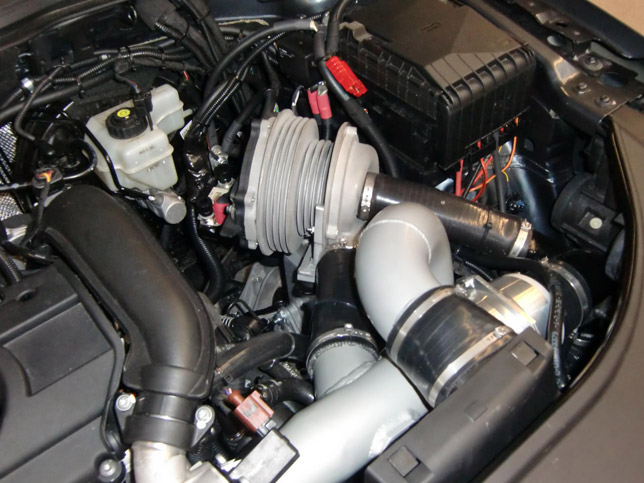
Furthermore, the improved lead-carbon battery design allows for an excellent charge and discharge characteristic, while the carbon-enhanced negative plate formulations enhance life under hybrid vehicle duty cycles. Additional improvements in the battery are achieved by careful attention to battery management and they also retain the long established end-of-life re-cycling benefits of lead-acid batteries. At 48 volts the low voltage LC Super Hybrid is expected to deliver more than the nominal 25 per cent improvement in CO2 emissions and fuel economy already achieved when compared with typical 2-litre naturally aspirated vehicles. In addition, the demonstrator develops low carbon ELC concept by incorporating CPT's next generation SpeedStart stop-start system. The latter features intelligent torque and current control with enhanced stop-start capabilities. Moreover, it is world's most powerful belt-integrated starter generator (B-ISG) which operates at 12 volts, and the first and only system based on the highly controllable switched reluctance motor-generator technology.
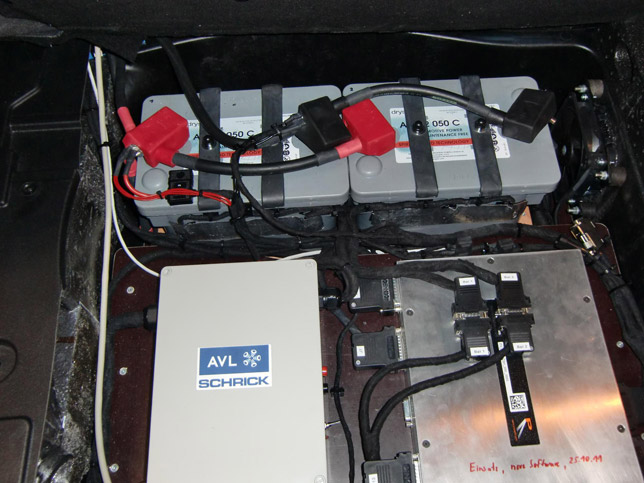
LC Super Hybrid technology demonstrator is based on a VW Passat 1.4-litre TSI model and also features an electric supercharger which boosts the existing turbocharger, and CPT SpeedStart stop-start technology (top right) and Mubea belt tensioner.
Source: Controlled Power Technologies
